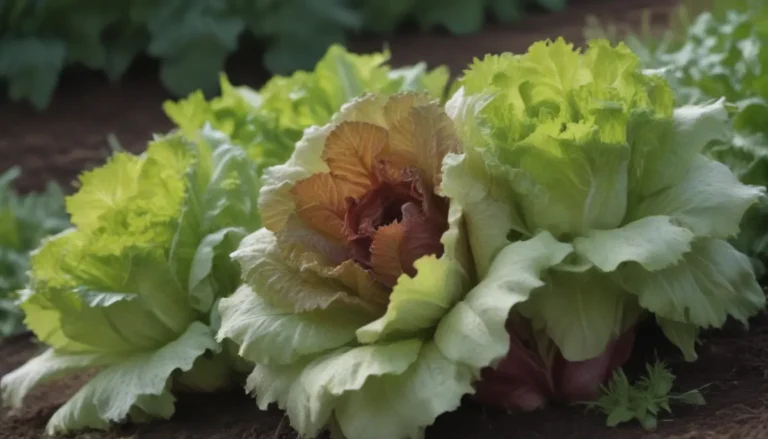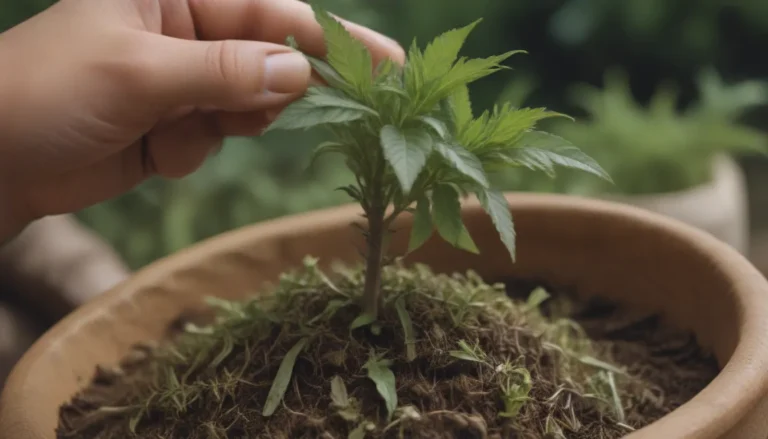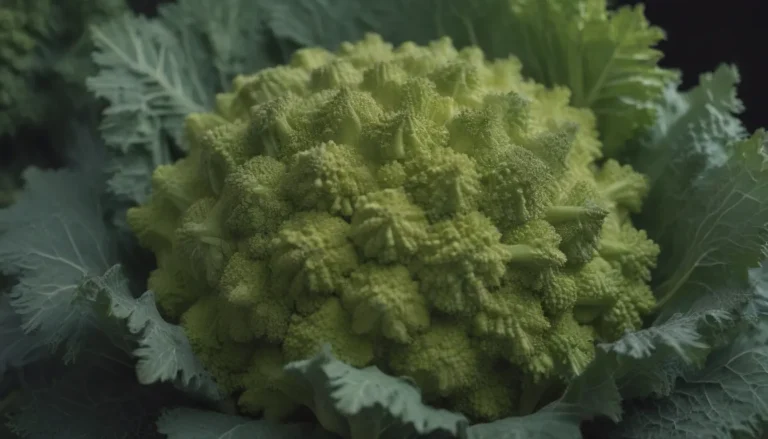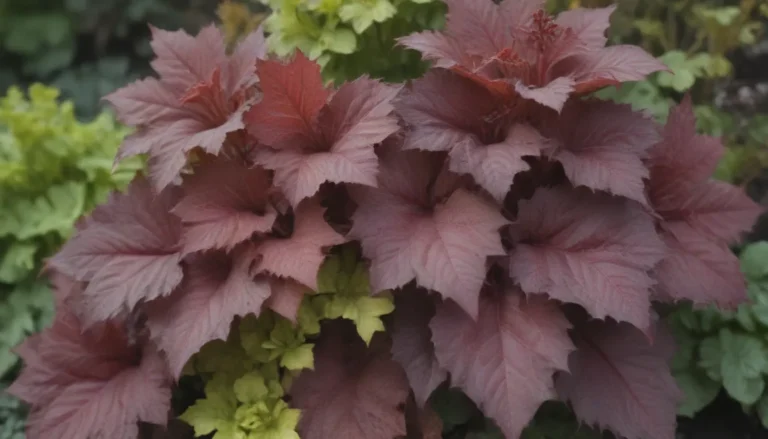Cypress Mulch: An In-Depth Guide for Gardeners
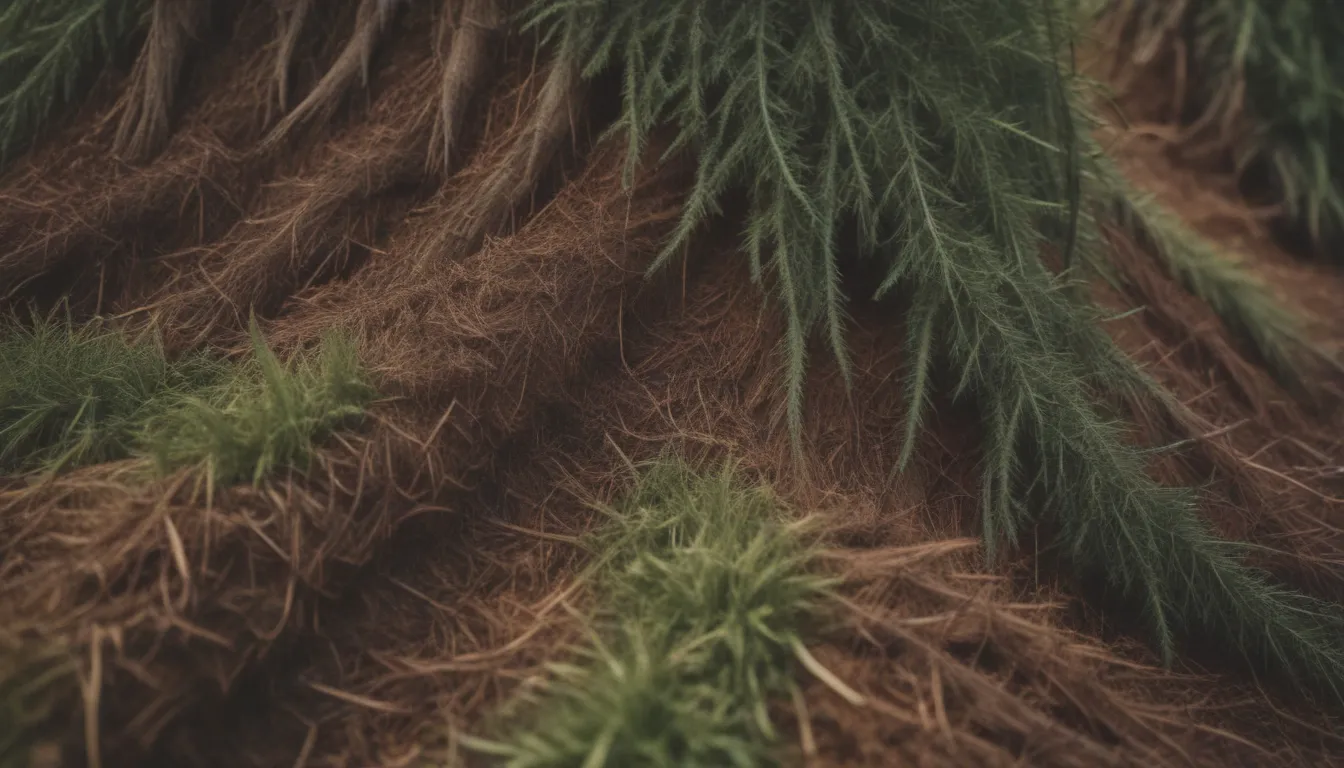
Are you considering using cypress mulch in your garden, but unsure if it is the right choice for you? In the world of organic mulch, cypress mulch is a popular option that you may come across when visiting home improvement stores and garden centers. While it may be cheaper than hardwood mulch, there are important considerations to keep in mind before making a decision.
What Is Cypress Mulch?
Cypress mulch is made from the shredded wood of cypress trees, specifically bald cypress (Taxodium distichum) or pond cypress (Taxodium distichum var. nutans), both native to North America. Originally a by-product of lumbering, the demand for cypress mulch has led to the felling of cypress trees solely for mulch production. Mainly sourced from Florida and Louisiana, cypress mulch has become a standalone industry.
The Benefits of Cypress Mulch in Gardens
Cypress mulch offers several benefits when used in gardens, such as:
-
Suppresses weeds: The dense and fibrous nature of cypress mulch helps in suppressing weed growth.
-
Retains moisture: Cypress mulch aids in retaining moisture in the soil, which is beneficial for plant growth.
-
Cools soil: By providing insulation, cypress mulch helps in regulating soil temperature.
-
Adds nutrients: As it breaks down over time, cypress mulch adds nutrients to the soil.
-
Prevents heave: Cypress mulch helps in preventing soil heave, especially in areas with fluctuating temperatures.
-
Adds visual appeal: Besides its functional benefits, cypress mulch also enhances the aesthetic appeal of your garden.
Can Cypress Mulch Harm Your Plants?
While cypress mulch has its advantages, certain properties of this mulch can potentially harm your plants:
-
The dense and fibrous nature of cypress mulch can hinder water penetration into the soil, leading to water runoff.
-
In hot conditions, cypress mulch may become dry and repel water, affecting its ability to absorb moisture.
Why Cypress Mulch Is Not Environmentally Friendly
The use of cypress mulch raises environmental concerns due to the following reasons:
-
Cypress lumbering has significantly reduced cypress tree populations in regions like Florida and Louisiana, impacting ecosystems.
-
Forest clearing for cypress mulch production has destroyed wetlands and led to the invasion of non-native plant species.
-
Replanting of cypress trees is a slow process, further exacerbating the issue of deforestation.
Environmental advocacy groups and universities in affected regions do not recommend the use of cypress mulch, as there are more sustainable alternatives available.
Tip
While some believe cypress mulch deters insects, it is unlikely that commercially available mulch contains the compounds from mature trees with insect-repelling properties.
Alternatives to Cypress Mulch
If you are looking for sustainable alternatives to cypress mulch, consider the following options:
- Pine bark mulch
- Mixed hardwood mulch
- Eucalyptus mulch
Eucalyptus mulch, in particular, is a fast-growing option that is specifically cultivated for mulch production. Your choice of mulch will depend on factors such as your garden’s needs, visual preferences, and maintenance requirements.
Additional Resources
For more information on choosing and installing mulch, refer to resources such as:
- University of Florida IFAS Gardening Solutions
- Louisiana State University College of Agriculture
In conclusion, while cypress mulch may seem like a cost-effective option, its environmental impact and potential drawbacks for your garden should be carefully considered. By exploring sustainable alternatives and understanding the implications of your mulch choice, you can make an informed decision that benefits both your garden and the environment.

